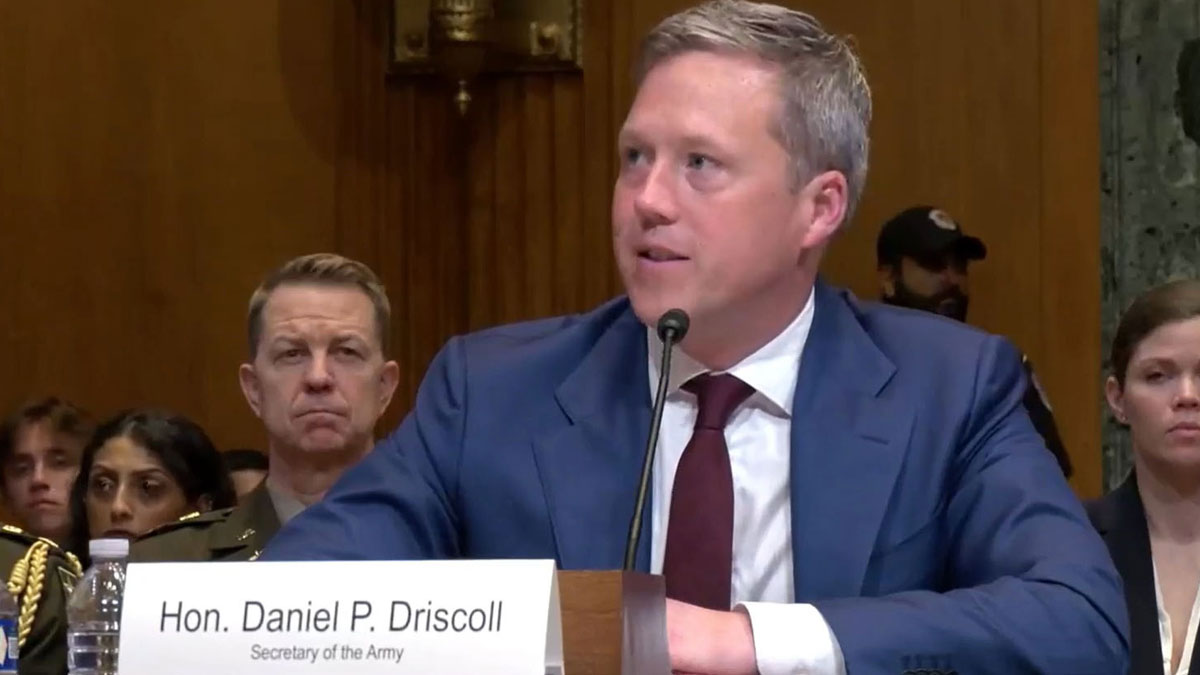US Army to dump dead weight, embrace AI to turn into a leaner, deadlier war machine
 US Army Secretary Daniel P. Driscoll
US Army Secretary Daniel P. Driscoll
As part of the modernisation efforts of the US armed forces, the US Army plans to cancel outdated and unnecessary programmes and procure open system architecture designs that can be constantly updated.
This is in line with Defense Secretary Pete Hegseth's Army Transformation and Acquisition Reform initiative which seeks to build a "leaner, more lethal force."
During a hearing before the Senate Appropriations Committee's defense subcommittee, Army Secretary Daniel P. Driscoll said the Army Transformation Initiative will reexamine all requirements and eliminate those that are unnecessary.
The army will also prioritise initiatives that contribute to lethality, and empower leaders to take risks and learn from failure he said.
In April, Hegseth had directed the secretary of the US Army to “implement a comprehensive transformation strategy, streamline its force structure, eliminate wasteful spending, reform the acquisition process, modernise inefficient defense contracts, and overcome parochial interests.”
ALSO READ: Does Indian Navy's latest warship INS Arnala have an Israeli-origin gun system?
Echoing similar sentiments, Driscoll said the Army Transformation Initiative will make the US force an army that is “lean, agile and relentlessly focused on empowering its soldiers.” “We need to get rid of what we don't need, acquire what we do and chisel our organisation down to a lean, lethal fighting machine," he added.
He observed that the US Army has suffered from years of inefficiencies, slow-moving processes and wasteful spending.
Pointing out that the constantly evolving technological systems, including artificial intelligence and autonomous systems, are impacting the character of war, Army Chief of Staff Gen. Randy A. George, who also testified before the subcommittee, said, "We understand that we must transform to stay ahead of our adversaries, and we need to get better by 2026 and 2027, not by 2030."
Defence